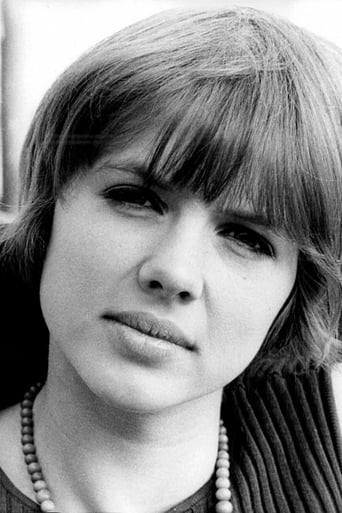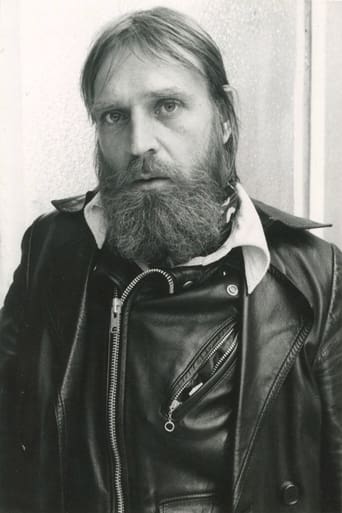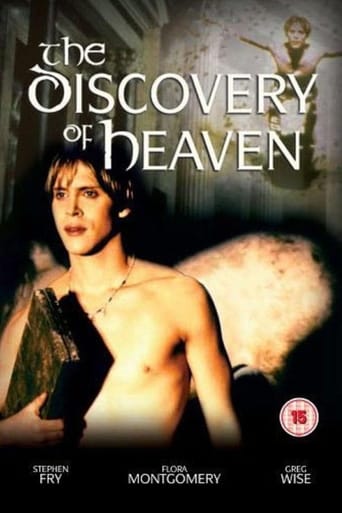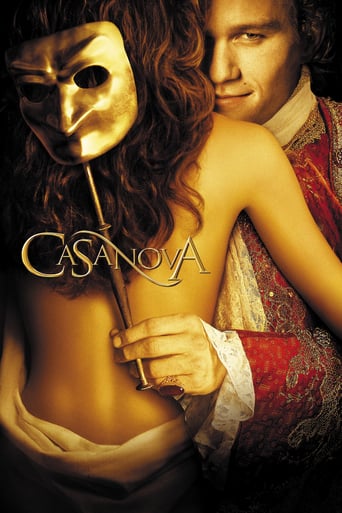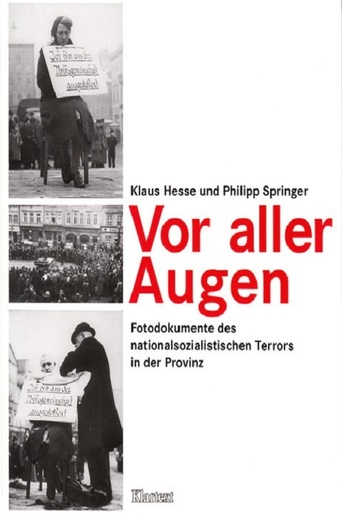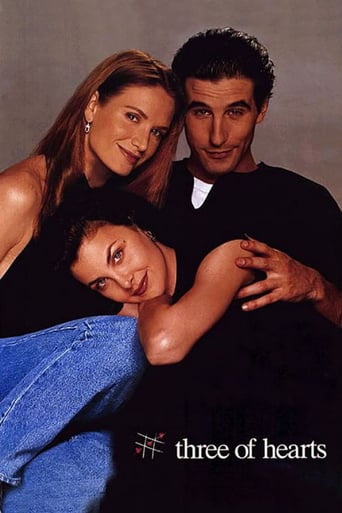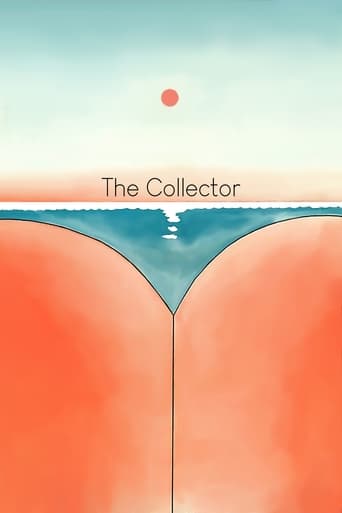
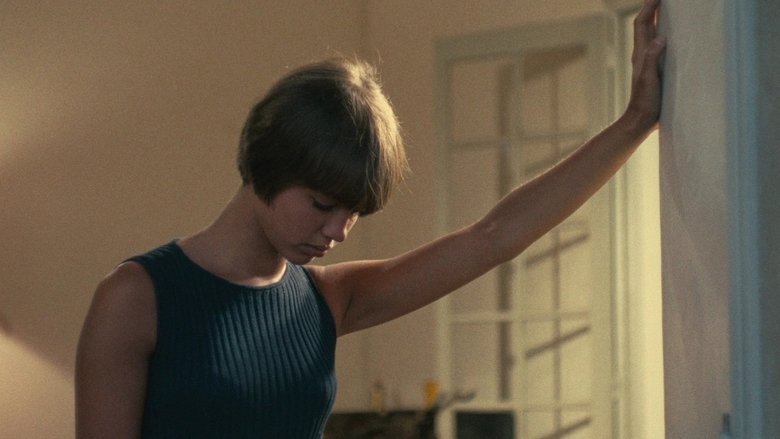
La Collectionneuse (1967)
A bombastic, womanizing art dealer and his painter friend go to a seventeenth-century villa on the Riviera for a relaxing summer getaway. But their idyll is disturbed by the presence of the bohemian Haydée, accused of being a “collector” of men.
Watch Trailer
Cast
Similar titles
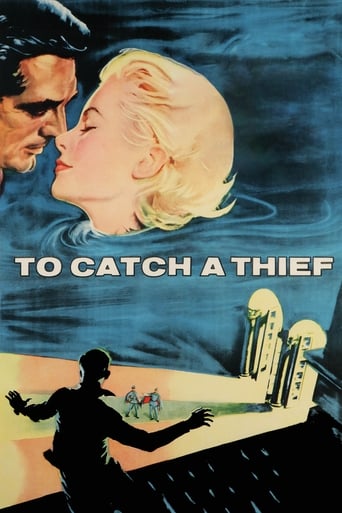


Reviews
Thanks for the memories!
How sad is this?
Exactly the movie you think it is, but not the movie you want it to be.
It's simply great fun, a winsome film and an occasionally over-the-top luxury fantasy that never flags.
The arrogant and pretentious intellectual art dealer Adrien (Patrick Bauchau) invites his girlfriend to travel with him to the coast to spend one month vacation with his close friend and painter Daniel (Daniel Pommereulle) in the house of their Randolphe. Adrien expects to do nothing but read and rest in the house and meet a possible investor in an art gallery that he dreams on having; however she prefers to travel to London. When he arrives, he discovers that the sexy and promiscuous pleasure-seeking Haydee (Haydée Politoff) that had one nightstand with Randolphe is sharing the house with Daniel. Along the days, Adrien becomes obsessed in a sick game of humiliating Haydee and imaging that she is trying to seduce him; however, his lust for her increases but his moral rationalization of their possible relationship keeps them apart. "La Collectionneuse" is an erotic tale of arrogance, false value judgment and pretentious intellectuality of a false moralist. The witty and cynical screenplay uses excessive narrative in off of the unlikable lead character Adrien that is despicable as well as his friend Daniel. Actually, the only likable character is the libertine Haydee that accepts passively the cruel comments and treatment of Adrien and Daniel. Eric Rohmer uses the successful idea of a triangle of love with two men and a woman of "Jules et Jim" in a different and monotonous approach. My vote is six.Title (Brazil): "A Colecionadora" ("The Female Collector")
The first feature length moral tale, La Collectionneuse is easily better than its predecessors. Offering a realistic look into the lives of three young people and narrated perfectly by one, La Collectionneuse is a beautiful film. This is Eric Rohmer's first color feature and it is absolutely magnificent to look at. There are several gorgeous beach scenes. The cinematography all around is just glorious. Aside from that, the acting is wonderful. There is so much chemistry between the main characters that it electrifies the film. It also provides a realistic tale of the struggle to keep morality. Translated as "The Collector" in English, La Collectionneuse is an overlooked, underrated film that should be considered a classic.The story begins with three prologues. The first, Haydee's prologue, simply shows the girl on the beach in a skimpy bikini. The second prologue introduces the viewer to Daniel, a painter, who becomes a key character. Adrien's prologue, the third and last, gives us an introduction to Adrien, who becomes our narrator throughout the rest of the film. These three characters are whom the story revolves around. Sharing a mutual friend, the three of them come to share a villa during their vacation. Adrien, an art dealer who is played by Patrick Bauchau, has made it his goal to do absolutely nothing during his stay. He and Daniel (Daniel Pommereulle) become friends fairly quickly, but both keep their distance from Haydee (Haydee Politoff), the beautiful young girl who beds a different guy every night. Adrien is at first disgusted with her behavior, calling her a "collector" of men, but eventually becomes intrigued by her. As he grows more and more attracted to her, Adrien must decide whether or not to sleep with her and forget his moral integrity or to abstain and do what he knows is right. Through his narration, Adrien debates this and plays mind games with Haydee, although he's not sure if she shares the attraction or if she simply wants to add him to her collection.This film is simply beautiful. The sexual tension feels very real, which is due to both the performances of the actors and the direction of Eric Rohmer, who is quickly becoming one of my favorite directors. The narration is refreshing, offering a good look into Adrien's mind. La Collectionneuse is very sharp with its dialogue and themes. Like the other Rohmer films I've seen, this one ends very abruptly. It reminds us that we're watching these people's lives for only a short time. The 87 minutes is completely worth it, though. La Collectionneuse is a great film and should be regarded in higher esteem than it seems to be. I can't imagine why this one isn't ranked alongside the greats.10/10
In The Collector, the first feature-length film of the Six Moral Tales series, mind-games, strategies, and overt manipulation thwart the possibility of satisfying relationships. The 54-minute film is beautifully photographed and has an elegance, charm, and wit that bears favorable comparison with his more acclaimed works. Adrien (Patrick Bauchau), an art dealer, and Daniel (Daniel Pommereulle), a painter spend the summer in a house on the French Riviera. Also vacationing there is Haydee (Haydee Politoff), an elegant but rather aloof young woman who sleeps with many boys in the area and has earned the title of "collectionneuse", a collector of men. Adrien, smug and self-centered in a charming sort of way, is interested in Haydee but tells himself that her promiscuity is a trick for him to seduce her and he refuses.The summer turns into a love triangle with Adrien convincing Daniel to pursue Haydee to ease the pressure of his own conflict between his rationalizing intellect and his passions. In the moral scheme of things, Haydee may represent the sexual revolution of the 60s and Adrien that of traditional morality, yet the film takes no sides, presenting the issues without judging the characters and giving us much to think about. The Collector is perhaps the most philosophical of the six but in the end the pursuit without passion leads to a feeling of emptiness and missed opportunities. Like most of Rohmer's films, there are no peak dramatic moments or confrontations, just everyday life elevated into art.
"La Collectionneuse", the third film in Eric Rohmer's six moral tales, is packed with lacerating observations on life, love, and the nature of man. It is a sensitive conversation piece with elegant people commenting poetically on their lives and of those around them. Attractive men and women who reflect openly about the conflicts of intellect and impulse; inclination and action, solitude and companionship. Rohmer characteristically paces this eloquent tale of sexual temptation with long, fluid takes. "La Collectionneuse(Collector Girl) centers around a young, hedonistic girl(Haydee) who saunters laconically around the provincial environs of a large vacation home, seemingly indifferent to the two older men's(Adrian and Danele) existence. Haydee exudes a casual independence and an unflappable reserve. Her cursory dealings with her young lovers prompts Danele to cast her as 'the atrocious ingenue'. Though they find her unexpectedly alluring, both men regard 'the idea of collecting boyfriends opposite of purity'. Rohmer, the director of "Chloe in the Afternoon" and "A Tale of Springtime", enjoys revealing which individual can best cast their charm and guile to their best advantage. This 'game' between the sexes only leads to unwanted desires for the men and a resumption of her search by Haydee. Rohmer handles the material with a light touch throughout and concludes his story by offering a tenuous solution to the prevailing tension in the movie between one's solitude and fraternity. Adrian privately confesses that 'I was overwhelmed by a feeling of delightful independence, of total self-determination. But in the emptiness and silence of the house, I was overcome with anguish'. A universal truth clearly-rendered by one of cinema's most ingenious and graceful filmmakers.

